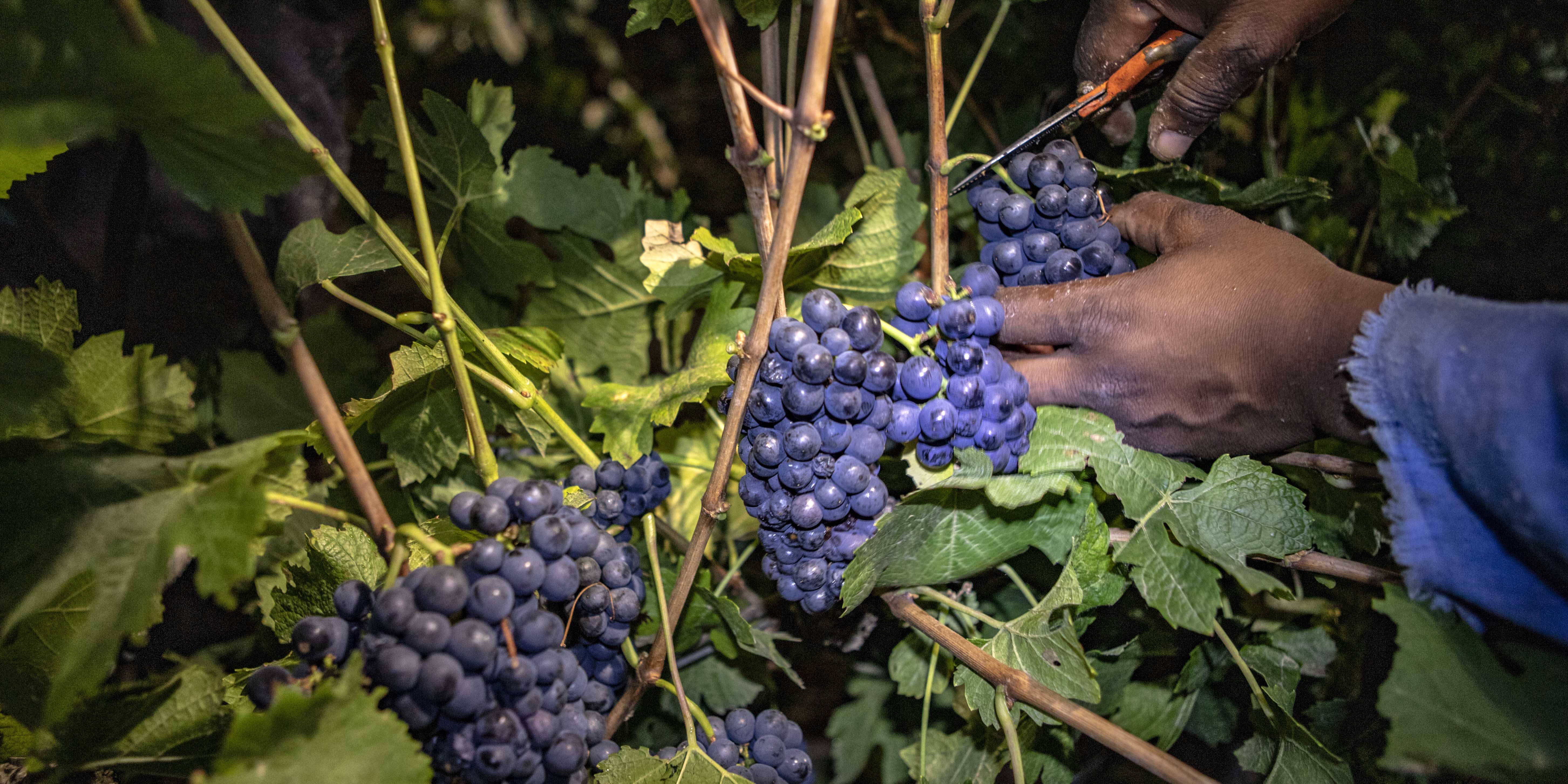South Africa’s agricultural exports to the US increased 19% in the first quarter (Q1) of this year compared with the same period in 2024, according to data from Trade Map, which was crunched by the Agricultural Business Chamber (Agbiz) and released on Monday.
It is an interesting trend that highlights several important points against the backdrop of a frosty diplomatic landscape amid US President Donald Trump’s false claims about a “white genocide” and the ruthless persecution of white farmers, which was on full display during his recent White House meeting with South African President Cyril Ramaphosa.
Watch: The Readiness Report – Redi Tlhabi breaks down the Trump-Ramaphosa meeting in the White House
For starters, as South Africa faces the prospect of exclusion from the Africa Growth and Opportunity Act (Agoa) – which provides preferential treatment to the US market for eligible countries – it is clear that there is American demand for agricultural products grown or made here.
 Farm workers harvest grapes in the Darling area of the Western Cape. (Photo: David Silverman / Getty Images)
Farm workers harvest grapes in the Darling area of the Western Cape. (Photo: David Silverman / Getty Images)
Specifically, these products are mainly citrus, grapes, wine, and fruit juices – South African products that could surely grow in the massive US market.
Some might see America as a fairly small market in the broader scheme of things, with the 19% year-on-year rise in Q1 only amounting to $202-million – 6% of all South African agricultural exports in that period, which grew 10% to $3.36-billion.
But 6% is material: this slow-growth, high-unemployment economy needs to pluck any fruit it can – and this stuff is low-hanging. Americans love citrus and fruit juice, a point underscored by the fact that global prices for these products are heavily influenced by the New York-based OJ futures market.
Another important point that emerges from this data is that if the fictional “white genocide” and land seizures of Trump’s imagination were actually unfolding, then South African commercial farmers – who are mostly white – would not be in a position to grow their exports to markets such as the US.
What this means:
South Africa’s commercial agricultural sector is a budding rose among the thorns of this moribund economy. It needs continued access to markets such as the US to grow and create badly needed jobs and investment opportunities while bringing in export revenue to help support the rand. South African farmers can find other markets, but the US, as the world’s largest economy, remains the big prize.
This does not mean that South Africa’s agricultural sector isn’t facing a range of serious political, economic and environmental challenges.
The Expropriation Act is a red flag for South Africa’s commercial farmers and investors more widely.
That there are still glaring disparities in ownership – with only about 25% of farmland now in the hands of black South Africans, according to Agbiz estimates – is largely a reflection of state failure and dithering, corruption and incompetence under the ANC.
Still, even in the face of other challenges such as climate change, South Africa’s agricultural sector is prospering, a narrative at odds with Trump’s view that a Zimbabwe-style mass land grab is under way.
Americans clearly want to drink South African wine and fruit juice, and farmers here can meet that demand. Instead, Trump’s racist resentment threatens to reap a bitter harvest from what should be fields of hope. BM




 Contract farm workers harvest Tinta Barocca grapes in the Darling area of the Western Cape. (Photo: David Silverman / Getty Images)
Contract farm workers harvest Tinta Barocca grapes in the Darling area of the Western Cape. (Photo: David Silverman / Getty Images) 